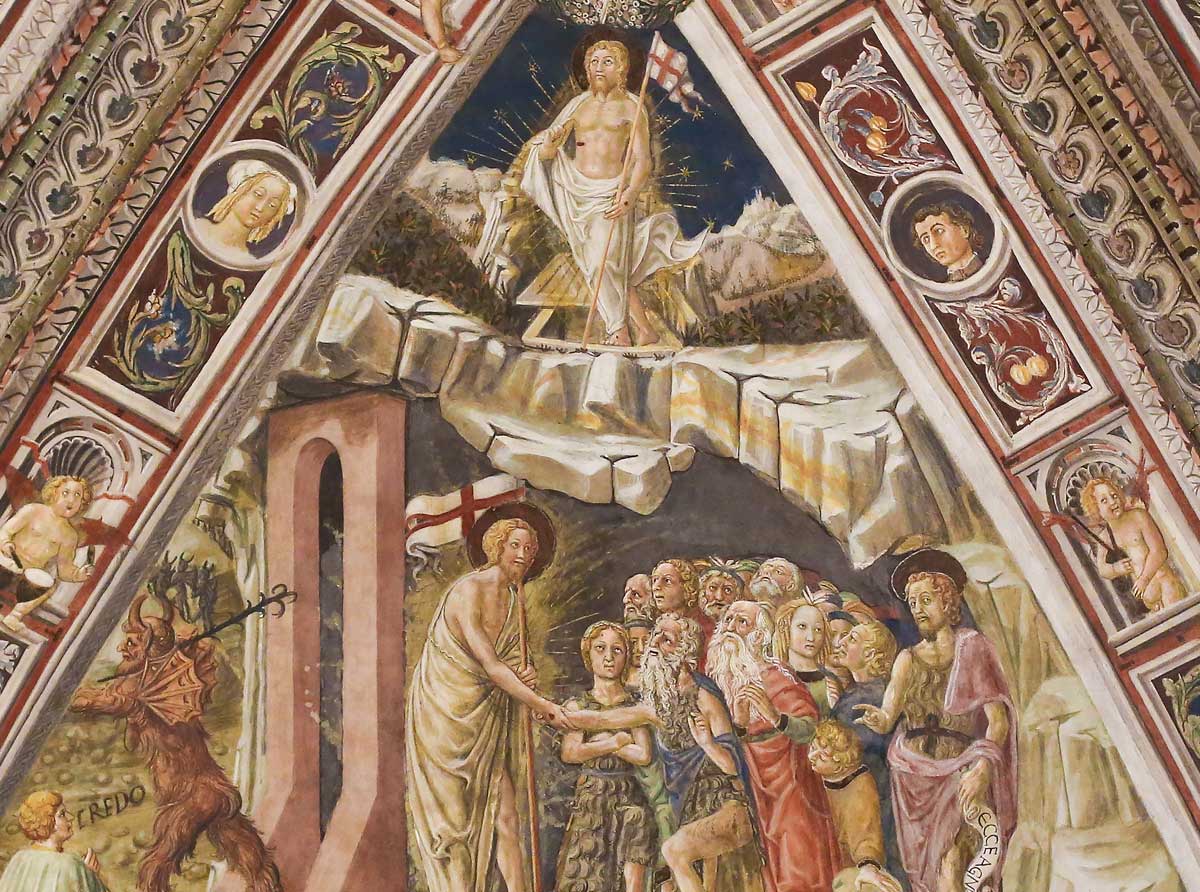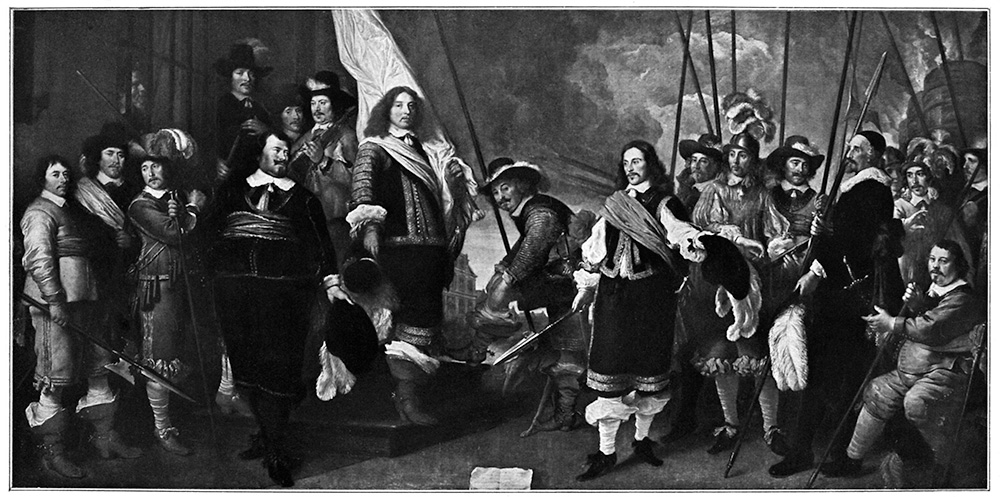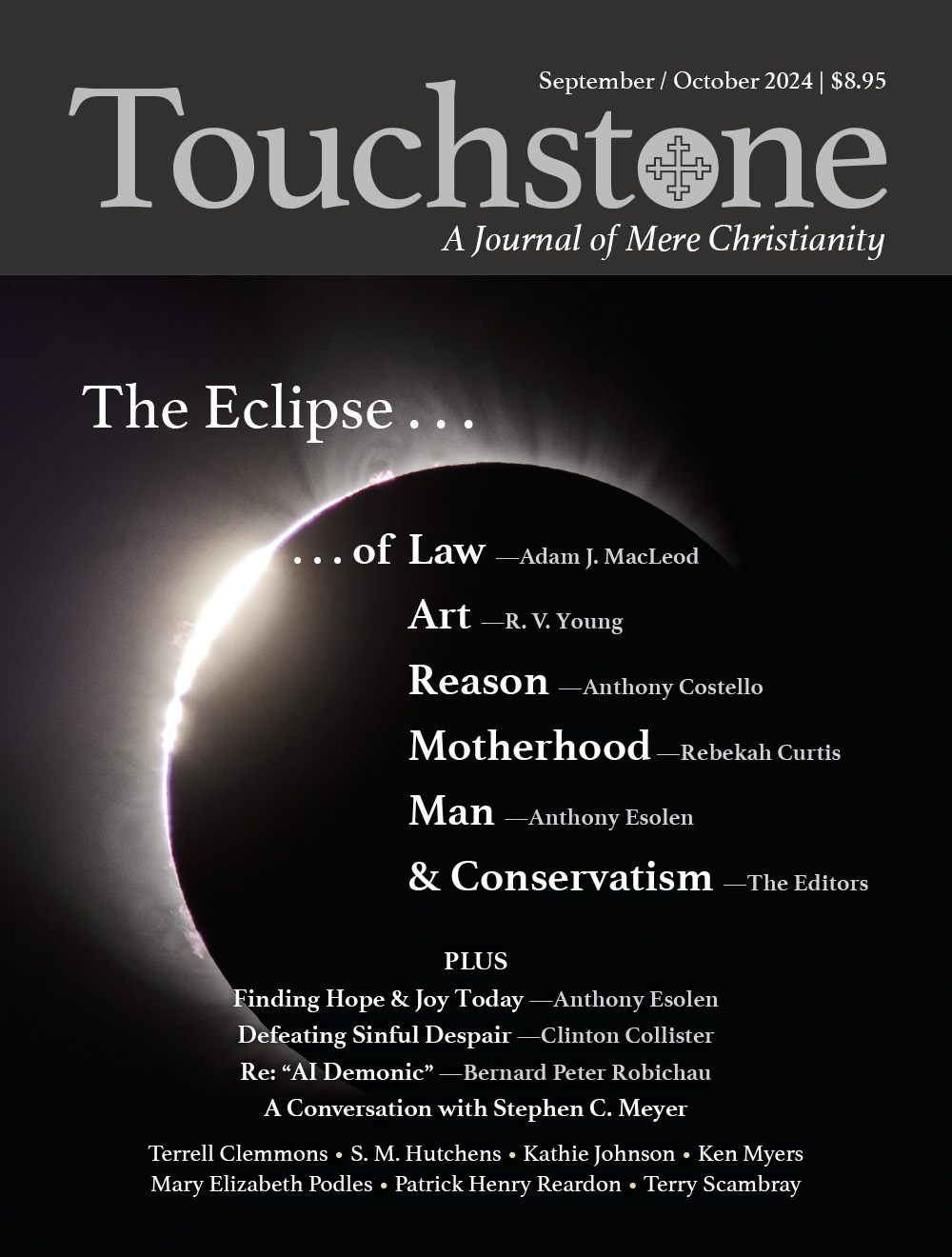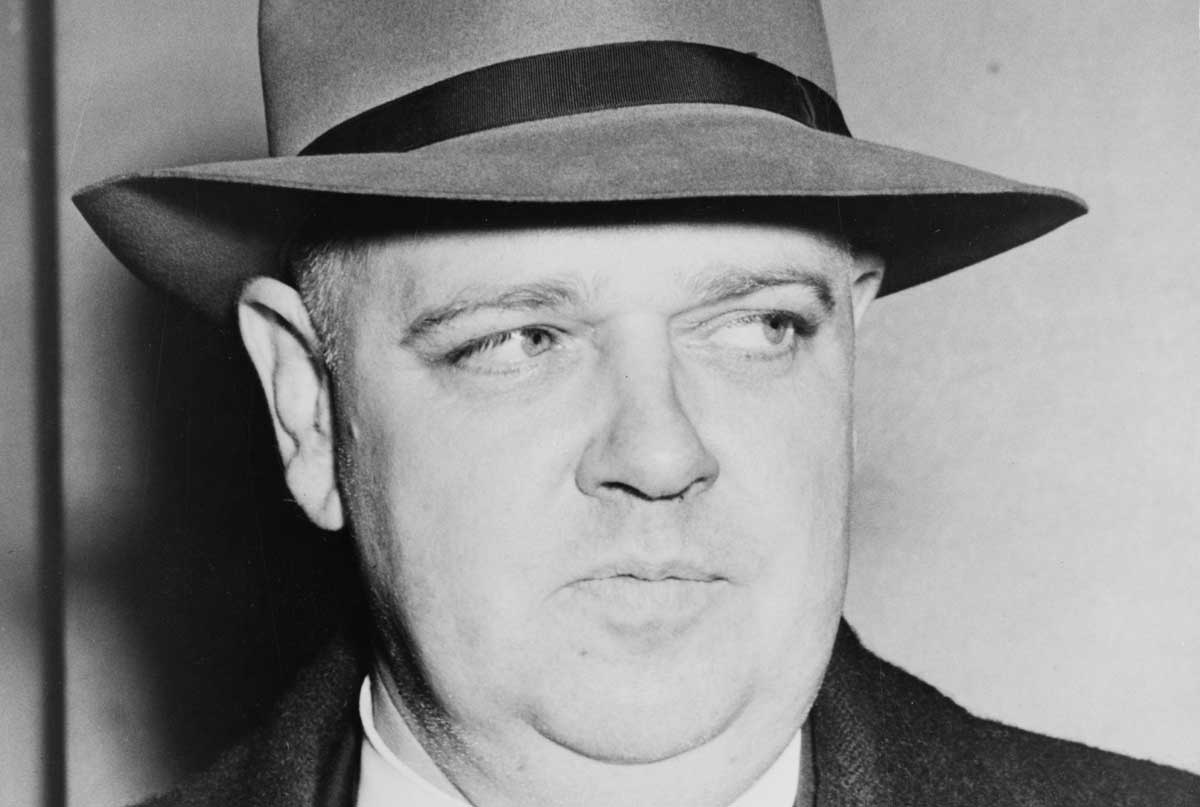The Peace of Westphalia
October 24, 1648
The Peace of Westphalia refers to two treaties ending the Thirty Years’ War. The war was waged mainly within the Holy Roman Empire by the Hapsburgs (Austria and Spain) and their Catholic allies against the Protestant powers, including Sweden, certain Holy Roman principalities, and (Catholic) France. Between 4.5 million and 8 million soldiers and civilians were killed.
The treaties marked the beginning of the exclusion of religious institutions from international politics and diplomacy—the “secularization of international relations.” Papal representatives were present at the negotiations but were largely ignored by both sides. Pope Innocent X declared the settlement to be “null, void, invalid, iniquitous, unjust, damnable, reprobate, inane, and devoid of meaning for all time” because it sacrificed the right of the Catholic Church to properties “stolen” from it at the Reformation. Nevertheless, the representatives of the Catholic states signed the treaties. The papacy’s role as an arbiter of disputes between Christian princes in matters of war and peace was no longer accepted (it had always been contested) even by Catholic states.
Westphalia did not bring about tolerance. Protestants continued to be persecuted in Spain and Portugal; Anabaptists by Catholics and Protestants alike in parts of Germany, if with flagging zeal; and Catholicism remained illegal in the British monarchies and Scandinavia, with Catholic priests (at least native-born) regarded as traitors in England, Scotland, Ireland, and Sweden.
The treaties also marked the rise of raison d’etat (“reason of state”) as the dominant principle of diplomacy, even among “Christian” states. Raison d’etat suggests there can be reasons for a state to act that override all other moral or legal considerations.
William J. Tighe was Professor of History at Muhlenberg College in Allentown, Pennsylvania, until his retirement in 2024. He is a member of St. Josaphat Ukrainian Catholic Church in Bethlehem, Pennsylvania.He is a senior editor for Touchstone.
subscription options
Order
Print/Online Subscription

Get six issues (one year) of Touchstone PLUS full online access including pdf downloads for only $39.95. That's only $3.34 per month!
Order
Online Only
Subscription

Get a one-year full-access subscription to the Touchstone online archives for only $19.95. That's only $1.66 per month!
bulk subscriptions
Order Touchstone subscriptions in bulk and save $10 per sub! Each subscription includes 6 issues of Touchstone plus full online access to touchstonemag.com—including archives, videos, and pdf downloads of recent issues for only $29.95 each! Great for churches or study groups.
Transactions will be processed on a secure server.
more on history from the online archives

15.6—July/August 2002
Things Hidden Since the Beginning of the World
The Shape of Divine Providence & Human History by James Hitchcock

14.6—July/August 2001
The Transformed Relics of the Fall
on the Fulfillment of History in Christ by Patrick Henry Reardon
more from the online archives
calling all readers
Please Donate
"There are magazines worth reading but few worth saving . . . Touchstone is just such a magazine."
—Alice von Hildebrand
"Here we do not concede one square millimeter of territory to falsehood, folly, contemporary sentimentality, or fashion. We speak the truth, and let God be our judge. . . . Touchstone is the one committedly Christian conservative journal."
—Anthony Esolen, Touchstone senior editor












